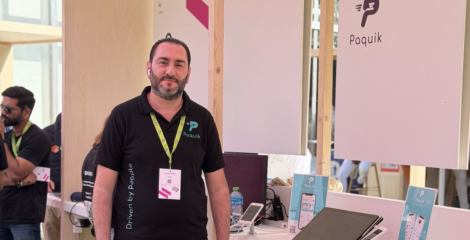- Sukna Ventures targets USD 133M in assets through diversified funds to support startups in Saudi and MENA startups.
- The firm will launch a SAR 375M direct lending fund to support SMEs with flexible, Sharia-compliant, non-dilutive financing.
- Focus areas include digital infrastructure, fintech, and logistics aligned with Vision 2030 and efforts to close the SME funding gap.
Sukna Ventures
What happened? Saudi-based Sukna Ventures, the tech investment arm of Sukna Capital, is targeting USD 133 million in assets through diversified funds to support startups in the Kingdom and across the Middle East.
In a statement to Asharq Business, CEO of Sukna Capital Fares Bardeesi, said that this would bring its total portfolio size to over USD 130 million.
What is next? With the intended investments, the investment firm aims to back high growth startups in digital infrastructure, fintech and logistics.
Tech Investments
Who are they? Founded in 2022, Sukna Ventures is an alternative investment capital firm based in Saudi Arabia. Its focus is on the MENA region with a specialization in multi-asset class strategies with an emphasis on digital transformation sectors.
Sukna Ventures specializes in tech investments and provides financial solutions focused on high-growth, innovative sectors Furthermore, it currently invests in more than 20 tech startups across Saudi Arabia and the region.
Why does this matter? The CEO emphasizes the need to bridge the SME financing gap. As of Q3 2024, SME lending in Saudi totaled SAR 329.23 billion, just 9.1% of total bank credit. This is below the Vision 2030 target range of 15% to 20%.
One of the firm’s efforts to bridge this gap is its initiative to launch the Sukna Fund for Direct Financing (SFDF). Moreover, it has recently received approval from the Saudi Capital Market Authority to officially launch. This is an open-ended, Sharia compliant direct lending fund in Saudi and the broader MENA region. In the CEO’s statement to Asharq, he states that the fund’s target size is SAR 375 million in its first year.
The fund intends to bridge the funding gap for underserved sectors by providing asset-backed financing to SMEs. This is without requiring equity dilution in line with the Vision 2030 goals. Additionally, it will offer periodic liquidity and flexible access for investors without long lock-up periods.
If you see something out of place or would like to contribute to this story, check out our Ethics and Policy section.













